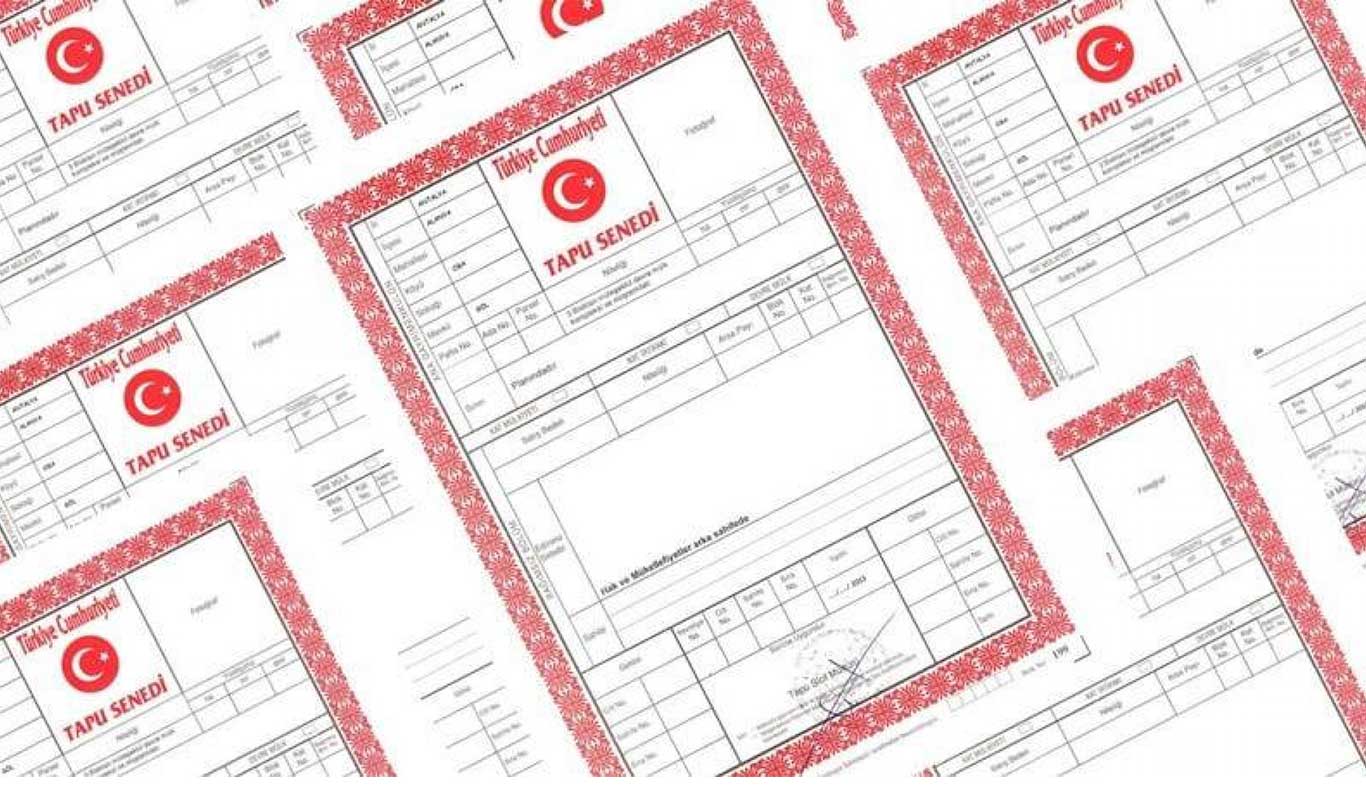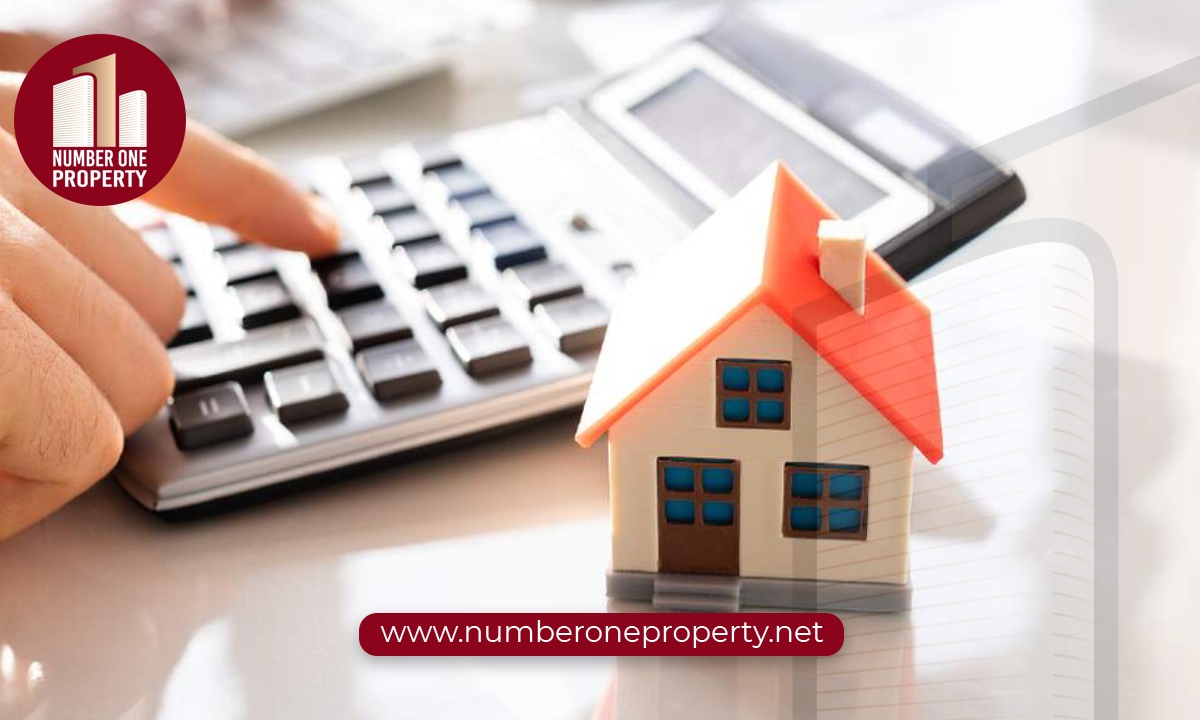To navigate the complexities of real estate taxes in Turkey, it is essential to possess a comprehensive understanding of real estate taxes.
This includes a solid grasp of property taxes, rental income tax, capital gains, and value-added tax (VAT) implications for residential and commercial properties.
Understanding the country's tax system can be particularly daunting for foreign buyers and investors in Turkish real estate. Turkey's tax code encompasses various aspects, from income to taxes specific to properties.
Therefore, a thorough understanding of these taxes is crucial for anyone involved in the Turkish real estate market, whether they deal in residential or commercial properties.
Our comprehensive guide can provide foreign buyers and investors with the necessary knowledge to navigate Turkey's intricate tax system and make informed decisions that align with their goals.
Types of Real Estate Taxes in Turkey

Income Tax on Rental Income: Property owners in Turkey must pay income tax on rental income. This tax is calculated based on the net rental income after certain tax deductions are applied.
Capital Gains Tax: When selling property in Turkey, owners may be subject to capital gains tax. This tax is based on the profit made from the sale, calculated as the difference between the purchase and sales prices.
Corporate Income Tax: Companies engaged in real estate transactions or owning property in Turkey are subject to corporate income tax on their profits.
Property Transfer Tax: This tax is applicable when transferring property ownership. The buyer and seller are responsible for paying this tax, calculated as a percentage of the property’s sales price.
Annual Property Tax: Property owners in Turkey must pay an annual property tax, a percentage of the property's market value. The rate differs for residential and commercial properties.
Value Added Tax (VAT): VAT applies to the sale of newly constructed properties. The rate depends on factors such as the property’s size and location.
Purchasing Tax (Title Deed Tax)
It is important to note that the government levies a purchasing tax on selling a property, amounting to 4% of the sales price. This tax is typically divided into two equal parts of 2% each, to be paid by the buyer and seller.
The tax is usually split evenly for a brand-new apartment purchased from a developer. However, when buying a resale property from an individual, the entire 4% tax is typically requested to be paid by the buyer.
Awareness of these regulations while purchasing a property is essential to ensure a smooth and hassle-free transaction.
Briefly About Turkish Title Deed (TAPU)

The Turkish Title Deed, known as "TAPU" in Turkish, is an official and legally binding document that proves ownership of a property in Turkey.
It contains essential details about the property, including the owner's identity, exact location, type (whether a land parcel, residential, or commercial property), and total area in square meters.
The TAPU is issued by the Land Registry Office (Tapu ve Kadastro Genel Müdürlüğü) and is a crucial document for any real estate transaction in Turkey.
It ensures legal protection for the property owner and is required for any process involving the property's sale, inheritance, or mortgaging.
For foreign buyers, obtaining the TAPU is a critical step in the property acquisition process, signifying the official transfer of ownership and the completion of the purchase.
VAT (Value Added Tax)
When considering the purchase of a property in Turkey, it is essential to factor in the associated closing costs. These costs are one-time payments that are required at the time of receiving the title deed or ownership of the property.
When purchasing a newly constructed apartment from a developer, paying VAT to the government is mandatory upon delivery of the property. The VAT amount is typically pre-included in the sales price that you have offered.
For more information regarding the VAT exemption for first-time foreign buyers, please do not hesitate to contact us. We would be happy to give you more details on the subject.
For Commercial Properties, It is 18% in all scenarios.
For Residential Properties, It changes from 1% to 20%.
8% VAT will be asked for apartments with a net area of less than 150 m2.
18% VAT will be asked for flats with a net area of more than 150 m2.
The idea here stated by the government is that those who can afford to buy a substantial residential apartment should pay more tax, which is 18%.
Besides this, a new law was passed in 2013, which changed the VAT for apartments depending on the m2 value of their lands.
If the building permission was taken between 01.01.2013 and 31.12.2016 for a residential project, and if the m2 value of the land of the residential project is 500TL/m2 and less, 1% VAT will be applied.
If the building permission was taken after 01.01.2017 for a residential project, and if the m2 value of the land of the residential project is 1000TL/m2 and less, 1% VAT will be applied.
Yearly Property Tax
When you own a property in Turkey, annual property tax should also be paid to the tax office annually. Cities are divided into two categories s: big and small towns.
Taxes are calculated depending on the category and property type. For residential properties, for instance, in Istanbul, %0,2 of the value of the apartment should be paid to the government each year.
Residential Properties: %0,1, %0,2
Commercial Properties: %0,2, %0,4
Farms: %0,1, %0,2
Lands: %0,3, %0,6
Property rental income tax
In Turkey, rental income generated from property is subject to income tax, and property owners must declare this income annually.
The tax rate on rental income varies, depending on the total amount of income derived from all sources. It's calculated progressively, with rates increasing with higher income brackets.
Property owners can deduct certain expenses related to the maintenance and operation of the property, such as repairs, management fees, and depreciation, before calculating the taxable amount. The net rental income, after these deductions, forms the basis for the tax calculation.
Foreign property owners should also know about any tax treaties between Turkey and their home country to avoid double taxation.
It's advisable for property owners, especially those unfamiliar with the Turkish tax system, to seek guidance from a tax professional to ensure compliance and to understand all applicable deductions and exemptions.
Real estate taxes when selling a property in Turkey

When selling a property in Turkey, real estate taxes, primarily capital gains tax, come into play. This tax is levied on the profit from the sale, calculated as the difference between the sales price and the original purchase price, adjusted for inflation.
However, if the property was owned for over five years, the seller is exempt from capital gains tax. Apart from this, sellers must also pay a property transfer tax, which is a percentage of the declared value of the property, typically shared equally between the buyer and the seller.
A title deed fee, paid to the Land Registry Office, is required to complete the transfer process. It's essential for sellers to accurately declare the sale value, as under-declaration can lead to penalties.
Consulting with a local tax expert is advisable to navigate these regulations effectively and understand potential tax implications based on individual circumstances.
Special Considerations for Foreign Buyers
Foreign buyers in Turkey must be aware of the specific tax regulations that apply to them. For instance, they may be subject to certain tax exemptions or double taxation agreements between Turkey and their home country.
Foreign investors should also know the taxes for repatriating funds to their home country.
Tax Deductions and Exemptions
Turkey offers various tax deductions and exemptions in real estate. For instance, there is an exemption period during which capital gains from property sales are not taxed, provided the property was held for a specific duration.
Additionally, certain expenses related to the property can be deducted from taxable income.
Compliance and Payment
To comply with Turkish tax laws, property owners and investors must ensure timely and accurate payment of taxes.
This includes understanding the process of declaring income, calculating taxes owed, and making payments through the local tax office or land registry offices.
Conclusion
Understanding real estate taxes in Turkey is essential for anyone owning or planning to invest in property within the country.
From paying VAT on purchases to handling income tax on rental earnings, each aspect requires careful consideration to ensure compliance and optimize tax liabilities.
With a clear understanding of Turkey's tax system, property owners and investors can make better decisions, ensuring their real estate ventures in Turkey are both legally compliant and financially sound.


